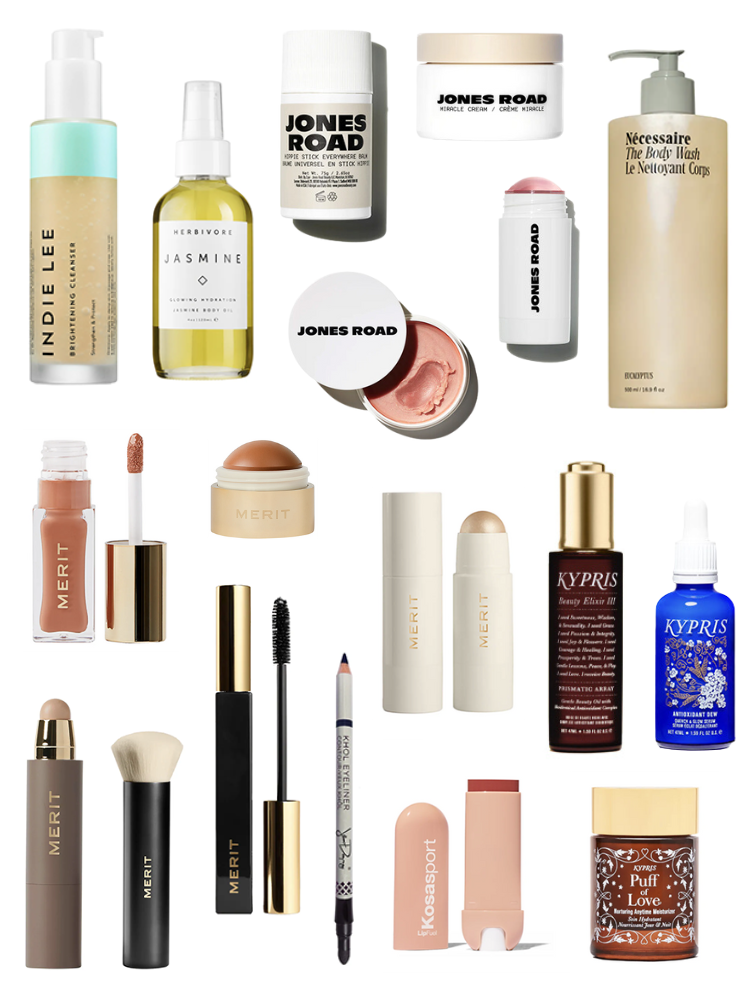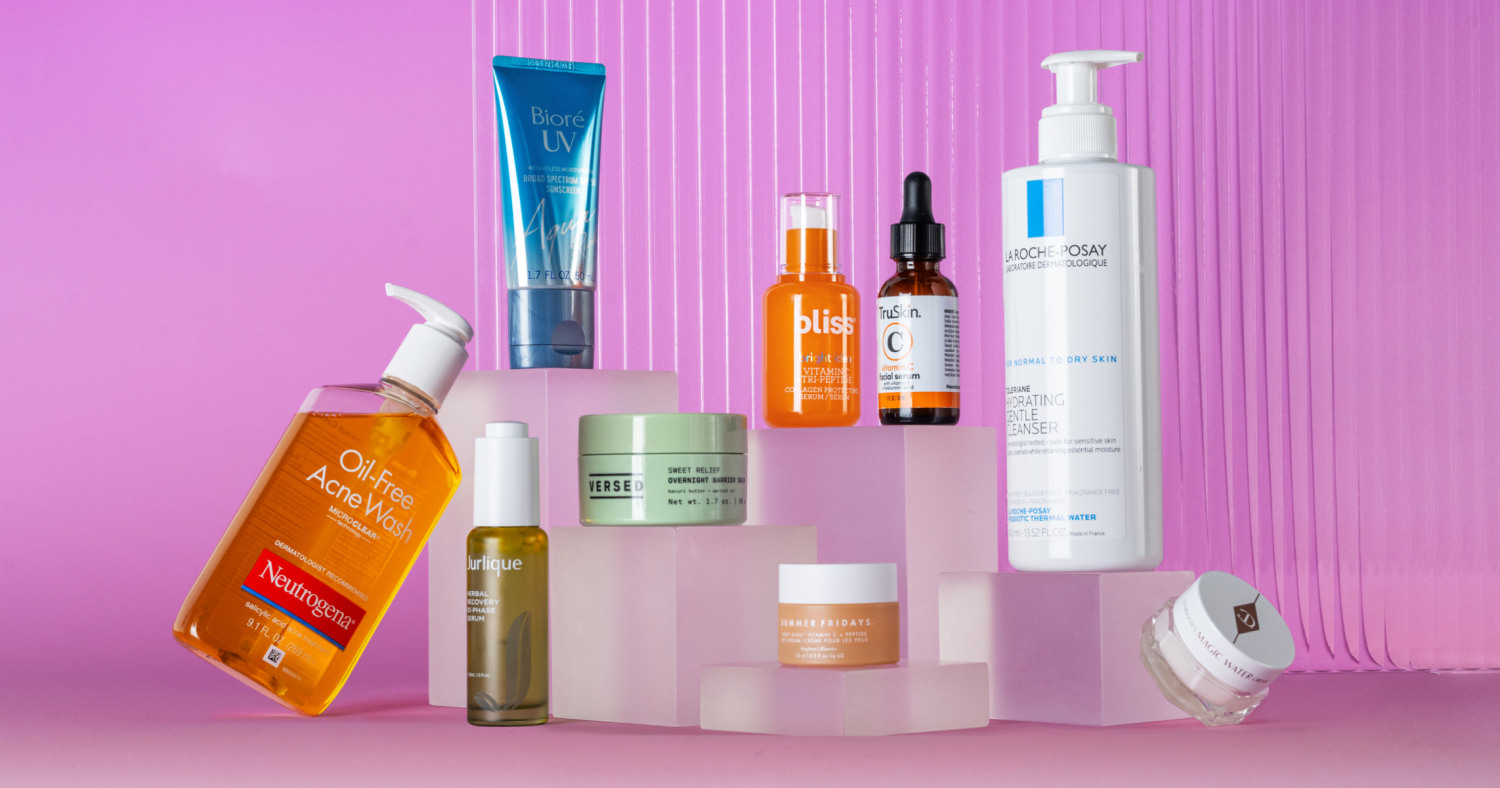How to Build a Cruelty-Free Beauty Regimen Without Compromise
How to Build a Cruelty-Free Beauty Regimen Without Compromise
Blog Article
Why Cruelty-Free Appeal Products Are the Future of Skincare and Cosmetics
The change in the direction of cruelty-free charm items is not simply a trend; it mirrors a significant change in customer values and market methods. The ramifications of this shift prolong beyond customer choices, elevating questions concerning the future of governing standards and brand name honesty.
Expanding Customer Understanding
The growing consumer recognition bordering cruelty-free charm items reflects a significant change in societal worths in the direction of moral usage. As individuals increasingly focus on the welfare of animals and seek to make educated investing in choices, the need for products that are not checked on animals has actually risen. This increased awareness is driven by a mix of aspects, including the increase of electronic platforms that facilitate knowledge sharing, higher transparency from brands, and advocacy projects that highlight the honest ramifications of conventional testing methods.
Customers are currently extra complete than ever before to research and determine cruelty-free brands, leading to a more discerning market. Younger generations, particularly millennials and Gen Z, are leading the fee, often deciding for brand names that personify their honest position.
Honest Considerations in Appeal
Honest factors to consider in beauty extend past the world of animal welfare, encompassing a broader spectrum of social and environmental impacts. Customers are progressively inspecting the sourcing of ingredients, labor methods, and the environmental footprint of appeal products. Brand names that prioritize honest methods typically make use of sustainably sourced products, decreasing their environmental influence while supporting reasonable trade initiatives.
Furthermore, the appeal sector has a significant influence on international labor markets, specifically in developing nations where lots of active ingredients are sourced. Ethical brands promote for equitable labor techniques, making certain that employees get reasonable earnings and secure working conditions. This commitment to social obligation not only boosts the lives of those associated with the production procedure but likewise reverberates with consumers that value openness and honesty.
In addition, the ecological impact of packaging and manufacturing methods can not be ignored. Brand names are significantly adopting environmentally friendly product packaging solutions and minimizing waste, straightening with a growing customer need for sustainability. By resolving these ethical factors to consider, appeal brand names can cultivate a much more conscientious market that values both people and the planet, leading the way for a future where liable techniques are the norm instead of the exception.

The Influence on Brand Name Commitment
Customer loyalty to charm brand names is increasingly affected by honest practices, specifically in the realm of cruelty-free and sustainable items. cruelty-free beauty. As consumers come to be a lot more socially conscious, their investing in choices are regularly guided by the moral effects of the items they select. Brand names that focus on cruelty-free methods not just appeal to this growing group yet likewise foster a feeling of count on and integrity amongst their client base

Moreover, the openness surrounding cruelty-free qualifications enhances customer self-confidence in the brand name's commitment to honest techniques. This openness can produce a psychological link in between the consumer and the brand name, more strengthening commitment. In an era where brand track record is significantly scrutinized, the dedication to cruelty-free methods is not simply a fad but a significant consider lasting brand name commitment.
Technologies in Cruelty-Free Formulations
As brand loyalty progressively rests on moral practices, business are reacting with cutting-edge approaches to cruelty-free formulas. The industry is experiencing a rise in the growth of alternatives to animal screening, using sophisticated innovations such as in vitro testing and computer modeling. These methods not just fulfill moral criteria however likewise increase item advancement timelines.
Additionally, numerous brands are taking advantage of the power of natural ingredients that are both effective and sustainable. Plant-based essences, bioengineered substances, and fairly sourced materials are obtaining grip, interesting ecologically mindful consumers. Advancements in preservation techniques, such as utilizing all-natural preservatives, improve item long life without jeopardizing cruelty-free honesty.
Brands are likewise investing in clear sourcing practices, allowing customers to trace the origin of components. This transparency promotes trust and encourages customers to make educated choices. Furthermore, collaborations with charitable organizations and cruelty-free accreditations are ending news up being more typical, signifying a dedication to ethical methods.
As the need for cruelty-free products proceeds to increase, these technologies not just redefine market standards however additionally contribute to an extra gentle future for beauty and skin care. The commitment to moral formulations is improving consumer expectations and driving the marketplace towards greater responsibility.
The Future of Regulatory Standards
The landscape of regulatory requirements for cruelty-free beauty products is progressing rapidly in action to expanding customer need for transparency and honest techniques. pop over here As customers increasingly focus on gentle therapy of animals in item growth, regulatory bodies are being urged to develop more clear guidelines and qualifications that mark what constitutes cruelty-free.
Present laws vary commonly by region, producing complication amongst consumers and makers alike. cruelty-free beauty. In the future, we can anticipate an approach standardized definitions and criteria, potentially resulting in a linked worldwide framework. This would not only improve consumer trust however likewise motivate more brands to embrace cruelty-free methods
Additionally, improvements in innovation, such as different screening methods and in vitro models, are likely to affect governing criteria. These innovations can lead the my link way for extra strict needs that focus on gentle methods without compromising product safety and security or efficacy.
The cooperation in between market stakeholders, advocacy teams, and governing authorities will certainly be important in forming these criteria. By cultivating dialogue and creating natural policies, the beauty industry can guarantee that cruelty-free practices become an integral part of its ethical landscape, inevitably benefiting consumers, animals, and the environment.
Verdict
The change towards cruelty-free charm products indicates an essential makeover in the skin care and cosmetics industry. Raising consumer understanding and ethical factors to consider drive brands to take on humane techniques, promoting better brand commitment. Innovations in solutions not only enhance item effectiveness however additionally line up with developing regulative criteria. Eventually, the dedication to cruelty-free techniques is essential for brand names seeking to prosper in an open market, as it reverberates deeply with the worths of contemporary customers.
Report this page